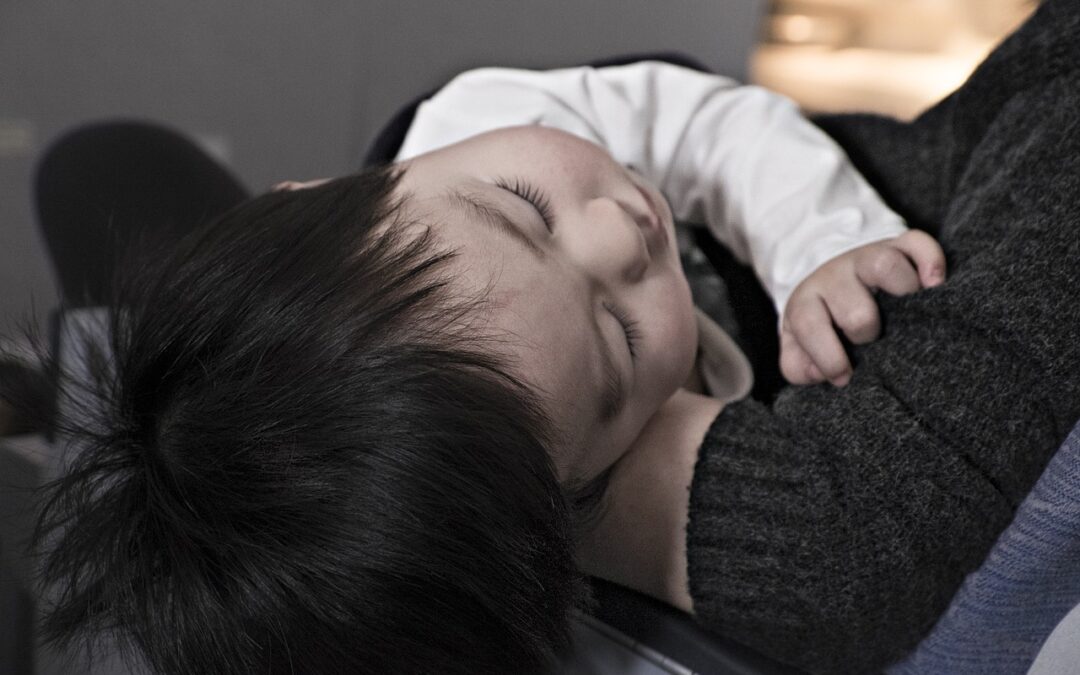A hypochondriac is someone who lives with the fear that they have a serious, but undiagnosed medical condition, even though diagnostic tests show there is nothing wrong with them. Hypochondriacs experience extreme anxiety from the bodily responses most people take for granted. For example, they may be convinced that something as simple as a sneeze is the sign they have a horrible disease.
Hypochondria accounts for about five percent of outpatient medical care annually. More than 200,000 people are diagnosed with hypochondria (also known as health anxiety or illness anxiety disorder) each year. While health anxiety generally begins in early adulthood, children can also experience hypochondria.
Hypochondriac Symptoms
True hypochondria is a mental health disorder. Hypochondria may show up in a child after they or someone they know has gone through an illness or a serious medical condition. Its symptoms can vary, depending on factors such as stress, age, and whether the person is already an extreme worrier.
In children, hypochondriac symptoms may include:
- Regularly checking themselves for any sign of illness
- Telling you about a new physical complaint almost every day
- Fearing that anything from a runny nose to a gurgle in their gut is the sign of a serious illness
- Frequently asking their parent to take them to the doctor
- Asking to have their temperature taken daily (or more than once per day)
- Talking excessively about their health
- Happily wearing bandages like badges of honor, has one on almost constantly
- May focus excessively on things most children typically don’t: a certain disease (example: cancer) or a certain body part (example: worrying about a brain tumor if they have a headache)
- Having frequent pains or finds lumps that no one else can feel
- Fearing being around people who are sick
Health anxiety can actually have its own symptoms because it’s possible for the child to have stomachaches, dizziness, or pain as a result of their overwhelming anxiety. In fact, illness anxiety can take over a hypochondriac’s life to the point that worrying and living in fear are so stressful, the child refuses to go to school or participate in outside activities.
You may be wondering what triggers hypochondria. Although there really isn’t an exact cause, we do know that people with illness anxiety are more likely to have a family member who is also a hypochondriac. The child with health anxiety may have gone through a serious illness and fear that their bad experience may be repeated. Or, they may already be suffering from a mental health condition and their hypochondria may be part of it.
Hypochondriac Treatment
Self-help for child hypochondria can include:
- Letting your child know that sometimes focusing too much on being sick can cause anxiety that makes their bodily sensation worse
- Trying to not talk about your own aches or pains in front of your child
- Helping your child learn stress management and relaxation techniques
- Encouraging older children to avoid online searches for the possible meanings behind their symptoms
- Focusing on outside activities such as a hobby they enjoy
- Working to help your child recognize that the physical signs they experience are not a symptom of something ominous, but are actually normal bodily sensations
Professional treatments for hypochondria include:
- Cognitive Behavioral Therapy (CBT), which is very helpful for reducing patient fears. In this type of therapy, the child learns to recognize and understand the false beliefs that set off their anxiety. Research has shown that CBT successfully teaches hypochondriacs to identify what triggers their behavior and gives them coping skills to help them manage it.
- Behavioral stress management or exposure therapy may be helpful
- Psychotropic medications, such as anti-depressants, are sometimes used to treat health anxiety disorder
Get Help for Hypochondria and Health Anxiety Disorder
Being a hypochondriac negatively affects the lives of the child who suffers from it. The child psychologists at the Children’s Center for Psychiatry, Psychology and Related Services in Delray Beach, Florida are experienced in helping those with illness anxiety. For more information, contact us or call us today at (877) 587-8448.
Reference: https://jamanetwork.com/journals/jama/fullarticle/198437

